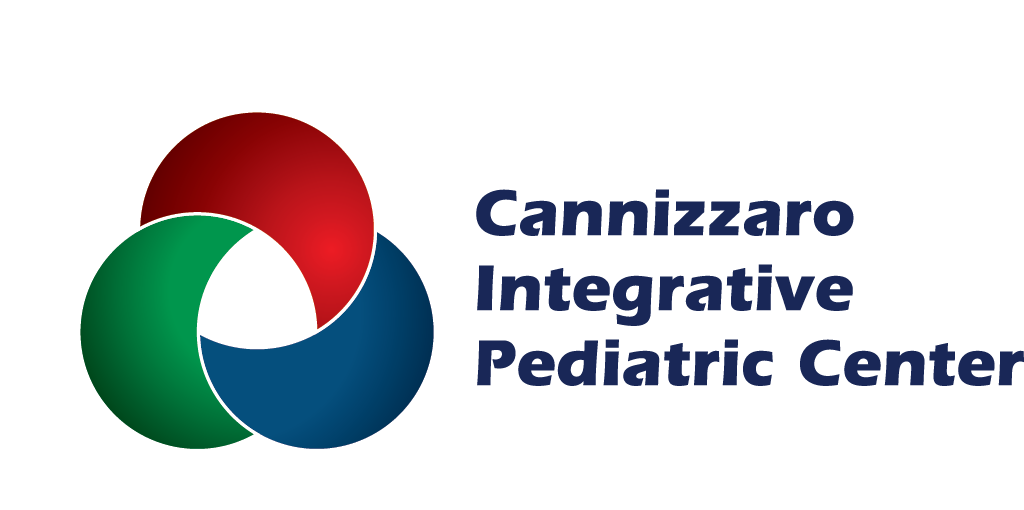
Learning disabilities should not define your child. Many children who have learning disabilities are actually gifted in other ways. The story goes that Einstein didn’t speak until he was four years old. Thomas Edison was bad at math. These famous (and successful) icons probably just had different learning styles. Through their stories, we have proof that there is more than one way to succeed in life.
The way your child learns is unique. The sooner you understand . . .
. . . the signs of learning disabilities,
. . . your learning style, and
. . . your child’s learning style,
the sooner your child can be helped to succeed in his or her own way.
Signs of Learning Disabilities
Resistance to doing school work is often a symptom of a learning disability. This is especially true for young children, who have a natural yearning to learn. Refusing to do homework can indicate a lack of understanding of the material or the instructions, or a general frustration with not being able to do the work.
Reading problems can be related to a child’s ability to decode or his ability to comprehend what was read. Sometimes vision issues involving how the eyes work together can affect one’s reading skills. This can also result in poor handwriting.
Handwriting struggles can be dysgraphia (an inability to physically write). Fine motor skills are needed for writing, and some children find cursive writing easier than printing because it is a continuous movement and may require less mental energy. Assistance with fine motor development may require further review by an Occupational Therapist.
Math struggles can appear as difficulty in lining up numbers, resulting in mistakes. This can be a result of a vision issue or dysgraphia as well. If a child doesn’t understand numbers, i.e., counts with fingers to do addition or subtraction or comprehend relationships of numbers, dyscalculia or “math dyslexia” may be the challenge.
As we mentioned, children with learning disabilities may also be gifted. So gifted, in fact, that they can “mask it” by memorizing or compensate in other ways so that they never test low enough to show their disability or qualify for educational support. Unfortunately, if not addressed, these struggles will continue into adulthood and can often impact one’s happiness or success in life.
Learning Styles and Why They’re Important for Overcoming Learning Disabilities
Everyone possesses a predominant learning style. A learning style is simply a means of processing information so that it can be stored in the brain. We’re all different and no learning style is better than another. However, when one way of learning dominates to the exclusion of others, a red flag of a learning disability is present.
There are three major learning styles and three subcategories (to learn about those, consider attending our next event: Learning Styles for Your Child’s Success). Here are the main three:
Kinesthetic learners – people who are “hands-on” and learn by doing. They are “big picture” people who deal with the details later.
Visual learners – this has two categories a) visual linguistic learners are the readers and writers who like to take notes and learn through written language and b) visual spatial learners are the people who easily memorize places and faces. They tend to be artistic.
Auditory learners – people who use hearing to learn. They ask lots of questions and love group discussions. They work well in groups.
As kids go through school, different learning styles emerge. Though we all have a style we primarily rely on, it is essential to be able to integrate all these styles at different times. If your child’s strengths are one-dimensional, conflict can result and learning is impeded.
Also, if you don’t know your own learning style, you may be inadvertently making life miserable for your child! He or she may not process information the way you do and your efforts not only don’t help, but actually make the task of doing homework worse! Speaking of parents and children, some learning disabilities tend to run in families.
Learning disabilities are a complex and individual topic. Professionals have made it their life’s work to properly evaluate children for specific learning issues. Many can and do make recommendations for specific programs, or in some situations suggest assistance in the classroom and in the home. An individual education plan (IEP or 504 plan) can be developed to assist your child in the classroom setting. Private remediation therapies are also available.
Special thanks to Lynn Arnold from Learning Strategies, LLC, who provided information for this article. We encourage you to visit her website for more help on the topic of learning disabilities.
Image Copyright: yarruta / 123RF Stock Photo





